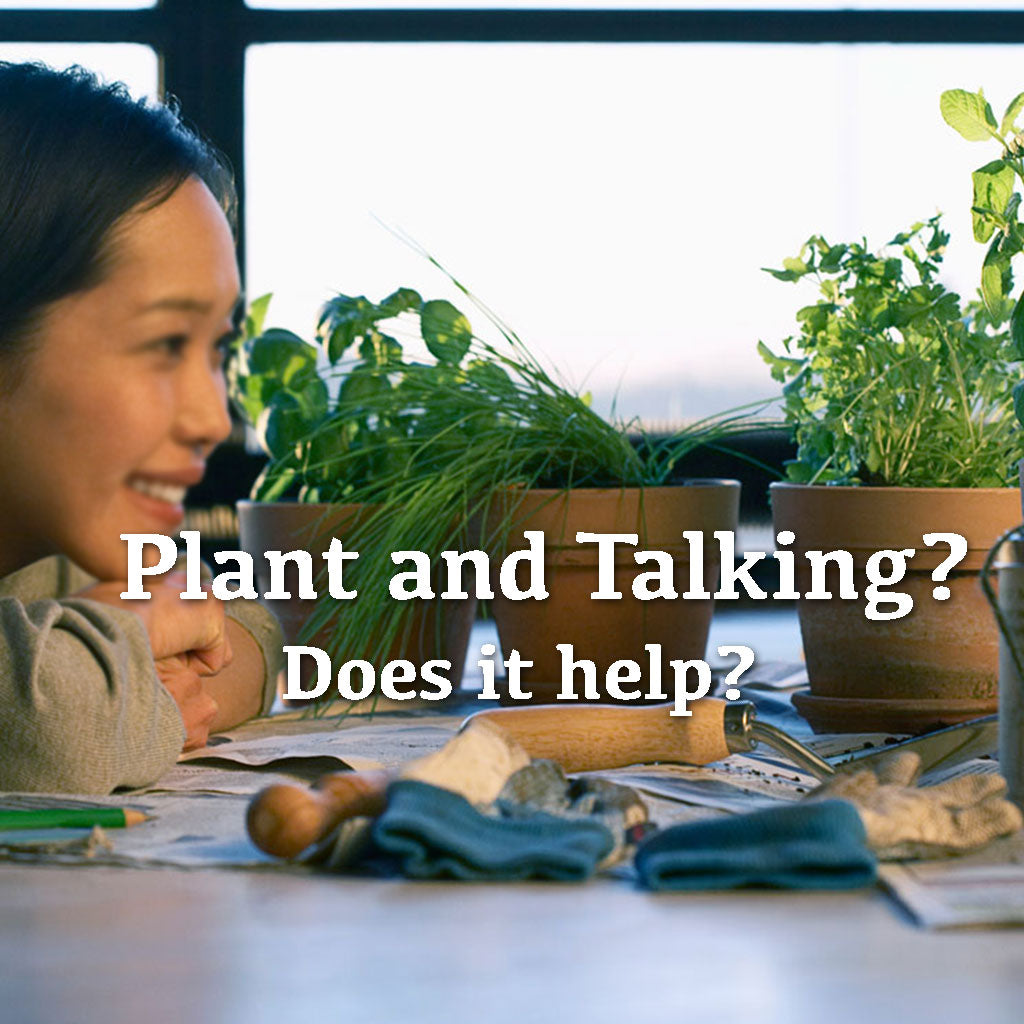Have you ever volunteered to assist a friend or family member with the planting of a garden? Perhaps you've picked a flower for a special friend as a small gesture to show them how much you care? If you've ever dealt with real flowers or plants, you know how important it is to take special care of them in order for them to survive and thrive.
Plants, for example, require a healthy soil foundation to sustain and nourish their roots. They also require sunshine for photosynthesis, which allows their cells to create food. Plants will not thrive unless they have access to enough water.
Plants may require certain minerals, which can be supplied by adding fertiliser to the plant's roots. If you've met all of a plant's basic requirements but it's still struggling, there's one more thing you may try: a kind word. Many people believe that conversing with plants aids their growth, and they may be correct!
We at Mybageecha, are continually seeking for new ways to improve your gardens. After all, your garden can become a natural extension of your living space.
We'll advise you all the correct things to say to your plant family in this blog, and they could just carry on the conversation!
Is it possible for plants to hear?
Plants are meant to be very adaptive to their surroundings by nature. This indicates that they are aware of what is going on around them.
Plants listen and respond in a somewhat different way than humans; they understand noises that hint to the environment in which they live. This is an evolutionary process that plants have created to assist them in nourishing and protecting themselves.
The good news is that plants react to the sound of your voice. Plants do respond to human speech, according to a recent study.
How Do You Communicate with Plants?
You don't have to provide each pot a pair of headphones to generate exciting dialogue for your plants (but no one is stopping you from going the additional mile!) What you can do is simply talk to your plants or start talking around them to encourage them to grow.
Plants begin to respond to sound at 70 decibels, according to research from South Korea's National Institute of Agricultural Biotechnology. Fortunately for us, the average human conversation has a sound level of 70 dB. The more and louder you chat or play music around your plants, the more they will be stimulated.
What Effect Does Sound Have on Plants?
Speaking, playing music, and natural noises from the environment all contribute to the growth of your plant. Experts even suggest that plants respond to sound wave vibrations because they are comparable to how wind stimulates plants.
All of these sound and vibration sources encourage your plants to develop.
Talking to Plants Has a Lot of Benefits:
Plants have various verified responses in addition to the obvious de-stressing benefits to you.
The first is a reaction to vibration, which activates two important growth genes. The fact that plants respond to carbon dioxide, a by-product of human speech, by increasing photosynthesis output, is the next point to consider.
There's no doubt about that. All environmental changes have an impact on plants. If the changes are beneficial to your plant's health and growth and are the result of you reading the newspaper or a book of poetry to it, then the lack of science is irrelevant. Nobody will label you a nut for attempting it; in fact, we will praise you.
Having said that, the more plants you have, the better!








